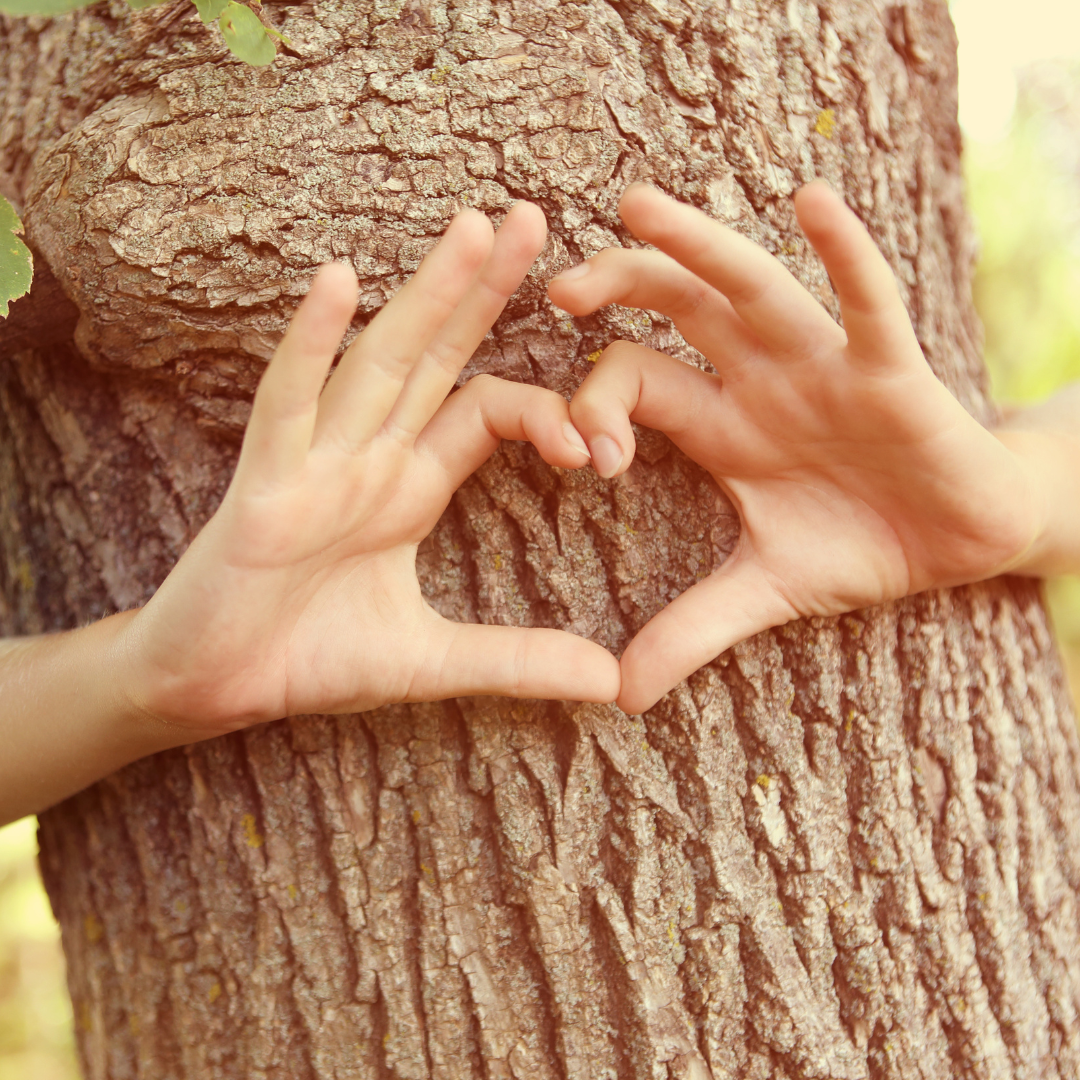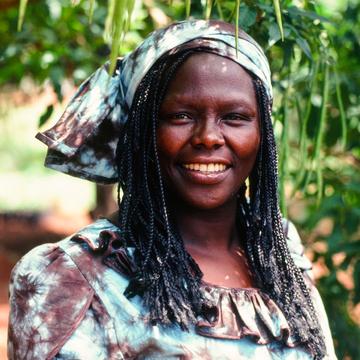
4 minute read
Women in the Environmental Movement: Shaping a Sustainable Future
from CUNTS Magazine - The Women's Issue 2024
by Community Unity Network for Transformation & Solidarity [CUNTS]
Written by Devynn Glanz
Throughout history, women have been at the forefront of societal change, advocating for progress, equality, equity, and justice. Female influence has become increasingly evident in the environmental movement, where women leadership has brought forth initiatives for a more sustainable and eco-conscious society. From grassroots activists to high-profile policymakers, women have made impactful contributions to environmental conservation, climate action, and sustainable development

A memorable female environmentalist was Dr. Rebecca Cole, who was a Black physician. Born in 1848, Dr. Cole was one of the first people to correlate poor health with environmental issues. After realizing that many poor Black communities were suffering due to terrible living conditions, Dr. Cole began advocacy work for the “Cubic Air Space Laws.”

One of the most notable figures in the environmental movement is Rachel Carson, whose groundbreaking book Silent Spring sparked a global awakening about the dangers of indiscriminate pesticide use. Published in 1962, Carson's work uncovered the harmful effects of pesticides on ecosystems and human health, leading to widespread public outcry and eventually the banning of DDT in many countries. Carson's courage in challenging powerful chemical industries and advocating for environmental protection helped lay the foundation for modern environmental activism.

In the realm of grassroots organizing, Wangari Maathai stands out as a beacon of inspiration. The founder of the Green Belt Movement in Kenya, Maathai mobilized thousands of women to plant trees, combat deforestation, and promote sustainable land management practices.
Beyond environmental conservation, Maathai empowered women economically and socially, demonstrating the interconnectedness of environmental sustainability and human well-being. Her efforts earned her the Nobel Peace Prize in 2004, making her the first African woman to receive this honor.

In the political ground, women leaders have been instrumental in shaping environmental policies and driving international collaboration within climate change. Christiana Figueres, the former Executive Secretary of the United Nations Framework Convention on Climate Change (UNFCCC), played a pivotal role in initiating the landmark Paris Agreement in 2015. Figueres's leadership and diplomatic insight were essential in bringing together diverse stakeholders and fortifying commitments from nearly 200 countries to mitigate global warming.

Women are leading the charge in advocating for environmental justice and community resilience. Activists like Winona LaDuke, a Native American environmentalist, have long fought against the exploitation of indigenous lands and resources. LaDuke's advocacy has highlighted the disproportionate impact of environmental degradation on marginalized communities and underscored the importance of indigenous knowledge in environmental stewardship.

In the corporate sector, women leaders are driving innovation and sustainability initiatives within industries traditionally associated with environmental harm. Patagonia's former CEO, Rose Marcario, has been a vocal advocate for corporate responsibility and environmental activism. Under her leadership, Patagonia has implemented regenerative agriculture practices, prioritized fair labor standards, and donated millions of dollars to grassroots environmental organizations.
There are so many amazing and strong women advocating to protect the environment to provide for a healthy and sustainable future. However, despite their invaluable contributions, women in the environmental movement continue to face unique challenges, including gender bias, discrimination, and unequal access to resources and opportunities. Nevertheless, the female resilience, determination, and visionary leadership continue to inspire and catalyze positive change on a global scale.

On the conservationist side, Jane Goodall, and Diane Fossey have been major players. Jane Goodall focuses in chimpanzee research and conservation advocacy, while Diane Fossey studied and advocated to protect the mountain gorillas. Diane travelled throughout Africa, advocating against poachers and encroachment of herded cattle. Sadly, in 1985 Diane Fossey was murdered at her cabin in Rwanda. Jane Goodall advocates to protect the chimpanzees and to stop deforestation. In 1977 she instigated the worldwide conservation organization, the Jane Goodall Institute (JGI), and JGI 1991 Roots and Shoots, which encourages young people to participate in environmental preservation projects and initiatives.
As we confront the urgent challenges of climate change, biodiversity loss, and environmental degradation, it is clear that women have and will continue to play a central role in shaping a more sustainable and equitable future. By amplifying the female voices, supporting female leaders, and fostering inclusive decision-making processes, we can accelerate progress towards a healthier planet for all.
![Community Unity Network for Transformation & Solidarity [CUNTS]](https://photo.isu.pub/cunts4change/photo_large.jpg)




